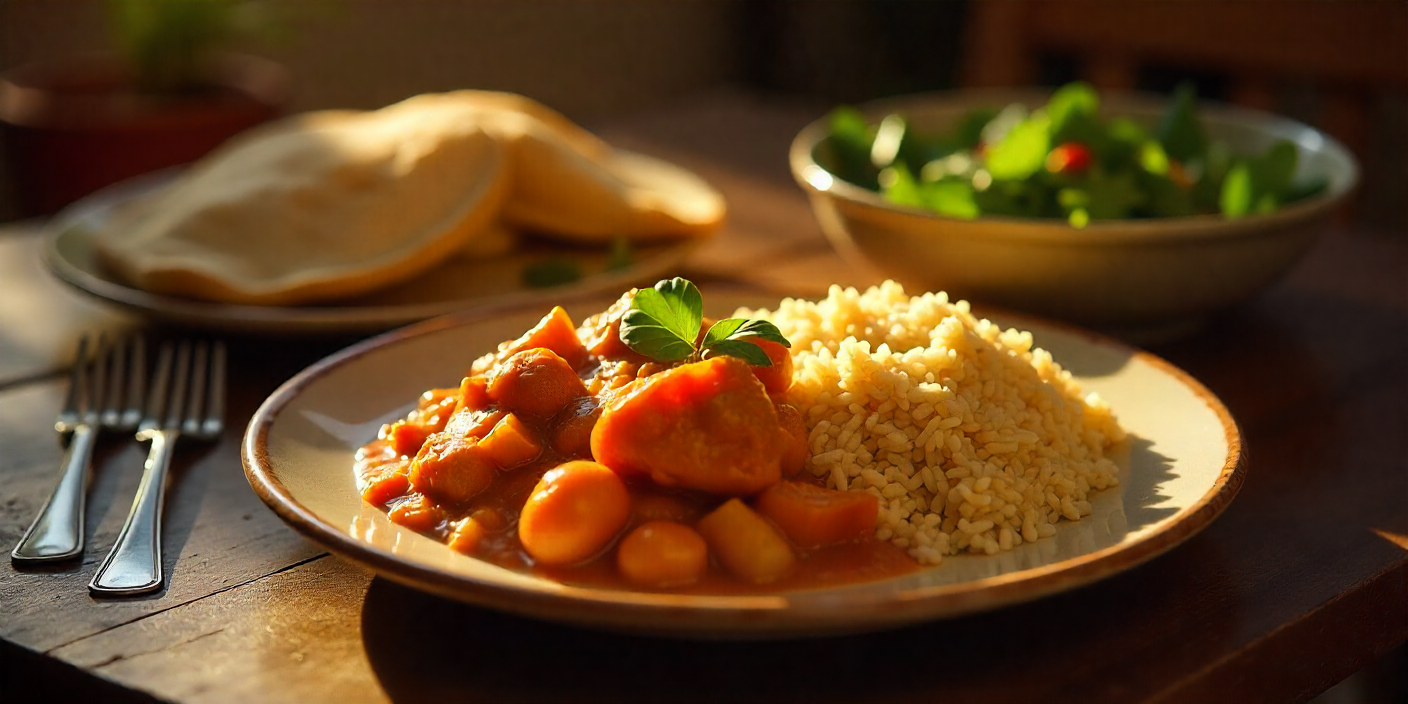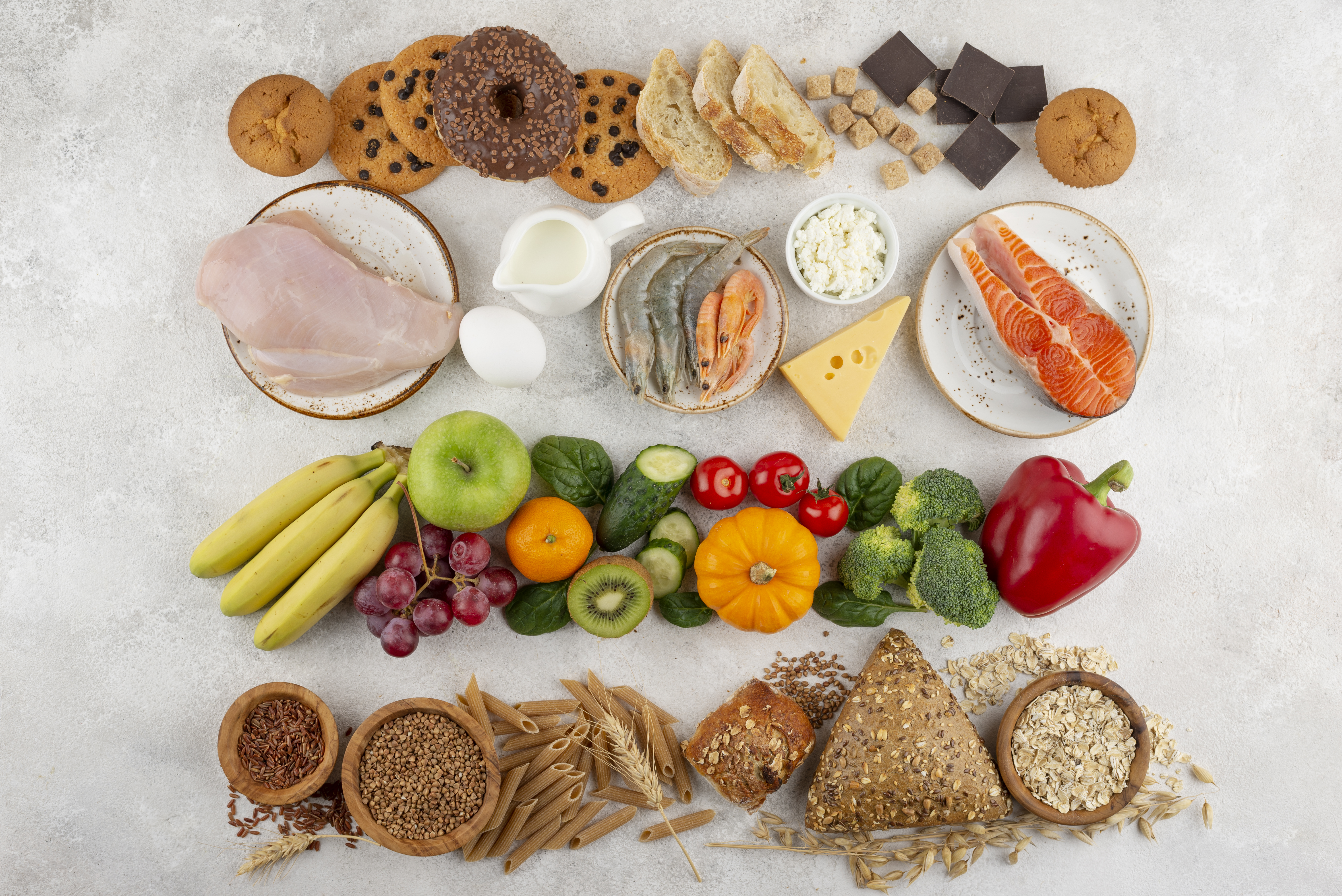Balanced Pakistani Meals for People with High Blood Pressure

Strong 8k brings an ultra-HD IPTV experience to your living room and your pocket.
The Silent Killer in Our Kitchens
In Pakistan, high blood pressure (hypertension) is no longer limited to the elderly. Office workers, housewives, and even young adults are now dealing with it—often without knowing it. You may feel fine, but your daily choices—especially what you eat—might be silently putting pressure on your arteries.
Ask anyone who’s been diagnosed, and they’ll tell you the first thing doctors mention: “Control your diet.” But what does that mean in our cultural context where meals revolve around salt, spice, and oil?
This article explores how to enjoy desi meals while keeping your blood pressure in check. Whether you cook at home or rely on fresh meal delivery services, the key is balance—not blandness.
Why High Blood Pressure Is So Common in Pakistan
Several local lifestyle habits contribute:
Salt-heavy diets: Think pickles, salty snacks, instant noodles, and over-seasoned curries.
Lack of physical activity: Desk jobs and long commutes mean many Pakistanis barely move during the day.
Stress and irregular sleep: Our fast-paced routines and digital lifestyles contribute to high cortisol levels.
Hidden sodium in processed food: Even “healthy” store-bought items like sauces or masalas are loaded with sodium.
But here's the silver lining: with small changes to our homemade food menu, we can reduce these risks without sacrificing flavor.
Understanding the Desi DASH Diet (The Pakistani Version)
The globally recommended DASH (Dietary Approaches to Stop Hypertension) diet can be adapted to suit our desi palate. It focuses on:
Low sodium
High potassium, calcium, and magnesium
Whole grains, legumes, lean proteins, and fresh vegetables
Let’s break this down into a Pakistani context.
Ideal Components of a Hypertension-Friendly Pakistani Meal
Rotis & Rice (But Make Them Smarter)
Replace white flour with atta or multigrain flour.
Limit rice to ½ cup servings, and opt for brown rice if available.
Daal, Sabzi & Lean Meats
Lentils are naturally low in sodium and high in potassium.
Vegetables like tinda, lauki, spinach, and bitter gourd (karela) help detox the system and reduce inflammation.
Use chicken or fish over red meat—and always trim the fat.
Low-Sodium Seasoning
Use fresh herbs like coriander, mint, lemon juice, garlic, and turmeric for flavor instead of salt-heavy masalas.
Controlled Oil Use
Switch to canola or olive oil in small quantities (ideally 1–2 tsp per serving).
Avoid reheating oil or deep-frying—even at home.
Homemade Raita & Salad
Yogurt is rich in calcium and helps lower blood pressure naturally.
Raw veggies like cucumber, beetroot, and carrots boost fiber intake.
Common Mistakes to Avoid in Desi Households
Even well-intentioned meals can go wrong. Watch out for:
Reusing cooking oil for multiple dishes
Overloading sabzi or daal with salt and masala cubes
Drinking soda or packaged juices with meals
Overeating even healthy foods due to lack of portion control
Most homes also rely on store-bought achar, papad, or snacks—all of which are sodium bombs. Try limiting these to weekends or special occasions only.
A Real Story from Lahore: Recovery Through Diet
Mr. Zafar, a 52-year-old banker from Johar Town, struggled with fluctuating blood pressure and constant headaches. After his doctor advised lifestyle changes, his family opted for a homemade food menu through a delivery service that specialized in heart-friendly meals.
They started receiving portion-controlled thalis with less oil, balanced protein, and plenty of steamed vegetables. Within 2 months, his blood pressure readings dropped significantly, and he was able to cut down on one of his medications.
“It wasn’t about starving or eating tasteless food,” he said. “It was just clean, real food—properly cooked.”
Tips for Ordering Healthy Food Outside
If you're too busy to cook daily:
Look for fresh meal delivery services that are open about their ingredients and cooking methods.
Always request low-sodium and low-oil meals—many caterers in Lahore now offer such options.
Avoid buffets or fixed corporate menus that serve fried items daily
Final Thoughts: Reclaiming Health One Plate at a Time
Managing high blood pressure isn’t just about what you eliminate—it’s about what you add. Clean vegetables, good fats, lean protein, and smart carbs can protect your heart while preserving the joy of desi food.
You don’t need to switch to boiled chicken and lettuce. You just need to return to your roots—home-cooked meals with balanced ingredients, made with care.
In a culture where food is a celebration, let’s also make it a form of medicine.
Author Bio:
Ayesha Khalid is a Lahore-based wellness writer with a focus on Pakistani nutrition, traditional remedies, and lifestyle disease prevention. She believes real health begins in the kitchen—and not in a hospital.
Note: IndiBlogHub features both user-submitted and editorial content. We do not verify third-party contributions. Read our Disclaimer and Privacy Policyfor details.



